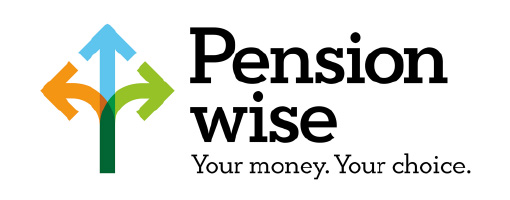The government has been urged to scrap auto-enrolment thresholds, after research from Scottish Widows revealed that workers on the lowest salary with more than one job are missing out on £76m a year in employer pension contributions.
The provider emphasised that no matter how much someone earns in total, they’re excluded from being automatically enrolled into the company pension where a job pays less than the £10,00 earnings threshold.
Considering this, it warned that the lowest earners in society are missing out on the benefit of this behaviour nudge, with almost half (49 per cent) of multi-jobbers earning under the threshold not enrolled in their company pension as a result.
This was in contrast to almost a quarter (23 per cent) across all employees more broadly.
The provider previously highlighted this issue in 2018, although it has now warned that the individual impact has become "even more acute", as the minimum employer contribution increased from 2 per cent of earnings to 3 per cent in April 2019.
Furthermore, it found that more than half (55 per cent) of current multi-jobbers have taken an additional job since the pandemic, meaning that even more potential earnings are not being saved into a pension, and are not benefitting from tax relief or employer contributions.
In addition to this, however, the research also found confusion around the thresholds and what they mean, with 43 per cent of savers believing that all workers are automatically opted in regardless of how much they earn.
Alongside this, almost half (48 per cent) of people didn’t know those earning between £6,240 and £10,000 per year could opt in and that their employer would still be required to contribute.
There was also potential confusion amongst employers, as the survey found that "incredibly” 5 per cent of people who have multiple jobs and at least one paying under the £10,000 threshold rules also stated that they have been refused enrolment into their company pension by their employer.
Scottish Widows warned that this indicates that either employers do not understand the rules surround the thresholds, or are illegally preventing access to workers.
Commenting on the findings, Scottish Widows retirement expert, Pete Glancy, said: “While auto-enrolment has been a game-changer for boosting the workplace pension pots of millions across the UK, those whose income comes from more than one job are losing out significantly relative to those with the same income from a single job.
“This was an issue that we first highlighted in 2018 based on research conducted at that time, and our latest research suggests that the problem is not going away.
“A shift towards more multi-jobbers will reverse some of the gains made by auto-enrolment, so the argument to remove the earnings threshold is getting stronger and should be a top priority for the next evolution of the scheme.”
Commenting in response, a Department for Work and Pensions spokesperson said: “Our ambition is to abolish the lower earnings limit for contributions altogether as well as reduce the age for being automatically enrolled to 18.
“In introducing automatic enrolment we focused on getting the right balance between ensuring that the people most likely to benefit from saving are brought into pensions, and the affordability for individuals and employers.
"We’re committed to building on this, enabling people to save more and to start saving earlier.”
Calls for the government to introduce further automatic enrolment reforms have been growing, with pensioner income figures recently suggesting that AE pensions are "more important than ever".
These concerns have also been compounded amid the impact of the pandemic, with recent research also highlighting seven under-pensioned groups who could benefit from further AE reforms.
Latest News
-
OBR analysis reveals potential impact of salary sacrifice changes
-
Strong funding levels continue as endgame landscape reshaped by innovation
-
Harwich Haven Authority Pension Fund finalises £45m buy-in with Royal London
-
GAD publishes LGPS gender pension gap reporting guidance
-
DB scheme funding levels continue to improve heading into 2026
-
News in brief - 6 February 2026
Private markets – a growing presence within UK DC
Laura Blows discusses the role of private market investment within DC schemes with Aviva Director of Investments, Maiyuresh Rajah
The DB pension landscape
Pensions Age speaks to BlackRock managing director and head of its DB relationship management team, Andrew Reid, about the DB pensions landscape
Podcast: From pension pot to flexible income for life

Podcast: Who matters most in pensions?

In the latest Pensions Age podcast, Francesca Fabrizi speaks to Capita Pension Solutions global practice leader & chief revenue officer, Stuart Heatley, about who matters most in pensions and how to best meet their needs
© 2019 Perspective Publishing Privacy & Cookies










Recent Stories